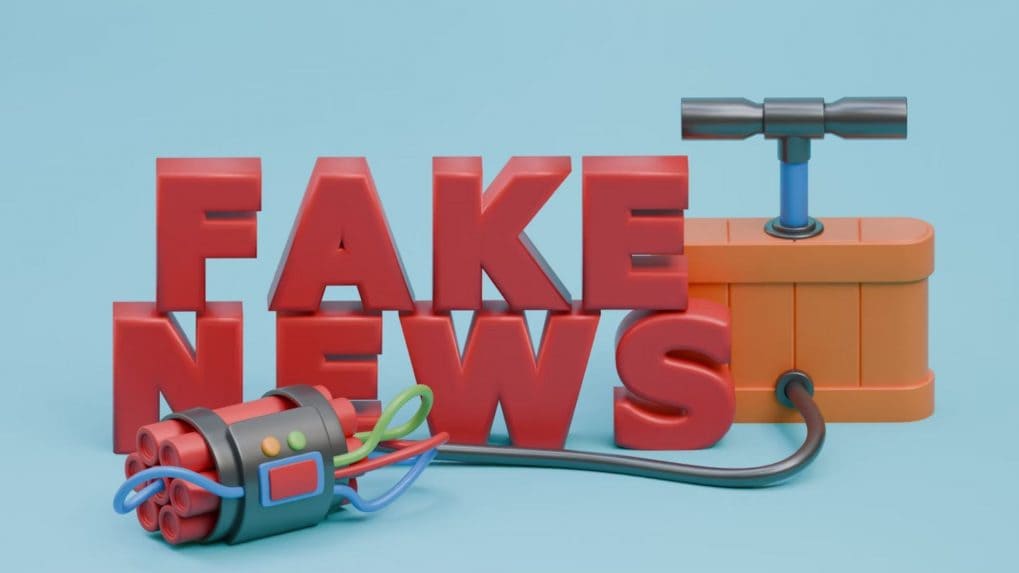Crackdown on fake news: Govt to amend Press Council Act to bring influencers, creators under its ambit
The move is part of the government’s broader effort to combat misinformation and strengthen accountability among creators of news and news-like content.
ADVERTISEMENT
The Ministry of Information and Broadcasting (MIB) is considering to amend the Press Council Act, 1978 to curb fake news and misinformation and to expand Press Council of India's scope beyond traditional print media to include digital publishers, significant content creators and social media influencers, in a significant step toward regulating the fast-evolving news and content ecosystem.
According to top sources, the proposed amendment also aims to empower the Press Council of India (PCI) as an umbrella regulatory authority covering all forms of media — print, broadcast, and digital — with the goal of improving coordination, oversight, and enforcement across platforms.
The Ministry is also planning to fix a threshold pertaining to followers and subscribers of influencers for bringing them under the ambit of PCI. The draft amendment is likely to be tabled during the upcoming Parliament sessions, a top source said.
The move is part of the government’s broader effort to combat misinformation and strengthen accountability among creators of news and news-like content. In July 2026, the government had already enforced Norms of Journalistic Conduct under the PCI and expanded the ambit of the Programme Code and Information Technology (Intermediary Guidelines and Digital Media Ethics Code) Rules, 2021 to address fake and defamatory content across print, television, and online platforms.
Under Part III of the IT Rules, digital news publishers and OTT platforms are already required to adhere to a Code of Ethics, but influencers and independent online creators have so far remained outside this regulatory framework.
Influencers Under Scanner After Panel Report
The MIB’s latest move comes in response to recommendations from the Parliamentary Standing Committee on Communications and Information Technology, which in its Twenty-Second Report highlighted the growing role of influencers and content creators in spreading misinformation for financial gain or ideological purposes.
The panel had urged the ministry to consider creating a unified Media Council to bring print, broadcast, and digital under one umbrella for better governance and enforcement. It pointed out that fake news creators — including individuals, organized groups, and increasingly, AI-driven content generators — are central to a sophisticated misinformation network that leverages technology, sensationalism, and algorithms to amplify falsehoods.
Stakeholders told the committee that fake news creators often profit from advertising revenue and engagement metrics, using clickbait headlines and fabricated narratives to attract views and followers. Others, the report noted, deliberately push misinformation to influence public opinion or damage political opponents, often backed by donations and organized funding.
The committee warned that current penalties — which range from warnings to fines of up to ₹25 lakh and potential license revocation — are insufficient deterrents. It suggested introducing a graded penalty system, starting with warnings and public apologies for first-time offenders and escalating to suspensions and blocking of channels for repeat violators.
Acknowledging the rise of AI-generated content, the committee proposed that creators using AI tools for news or news-like dissemination should be licensed or registered, and that AI-generated material should carry mandatory disclosure labels.
“The aim is to ensure audiences are aware of whether the content they consume is human-created or AI-assisted,” the report stated, citing the rapid proliferation of deepfakes and synthetic media as a major risk to public trust.
The committee also recommended that MIB work closely with the Ministry of Electronics and Information Technology (MeitY) and social media intermediaries to establish a comprehensive accountability framework for creators and influencers.
The committee had proposed measures such as mandating Big Tech platforms to appoint dedicated nodal officers in India to assist in taking action against creator-led violations. The panel further suggested to review safe harbour provisions under the IT Act to ensure that intermediaries cooperate in penalizing repeat offenders. The committee further recommended that platforms should maintain transparency reports on enforcement actions against creators spreading fake or harmful content.
If implemented, the proposed amendment to the Press Council Act would mark the first time that social media influencers and digital creators are formally recognized under a statutory media oversight framework in India.

